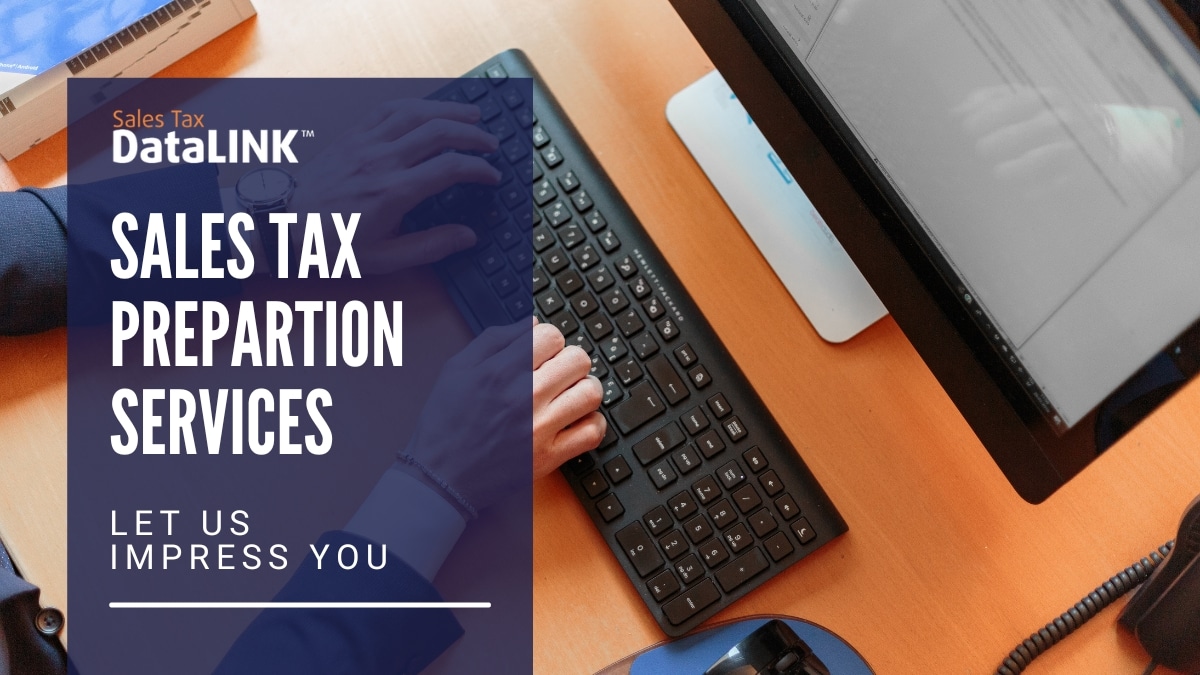As a business owner, you’re probably interested in growing your business and expanding your reach by tapping into new markets. Doing so might take you across state lines, however, where sales tax rules might be entirely different. If you’re looking to expand, you need to consider all the differences you’ll have to deal with as a multi-state business. You certainly need to think in terms of sales tax and make decisions about how your business operates. It might mean making big changes in the way you handle day-to-day activities but it might not.
Depending on where your current offices are located, you might become a multi-state business merely by expanding to the next large town. You’ll probably find that there are some differences in zoning ordinances, employment rules, and perhaps in licensing regulations. We have a surprising suggestion for you. The first thing to think about when deciding to go multi-state is not zoning, employment regulations, or licensing. It’s who will process your sales tax filing. If you’ll be opening branch offices, there’s more than one way to go about it. Will each location be responsible for processing their own sales tax filing or will the person who does it now still be responsible? Growing your staff to handle more sales tax filing might mean hiring new employees — which will increase your overhead and could affect your plans for growth.
On the other hand, having a central person in charge of all sales tax filing might increase that person’s workload. Investing in new sales tax filing software could help with these issues. If you need to buy new accounting or invoicing software, you’ll want to figure it in as a cost of expansion. It makes sense, if you need to look into new sales tax filing solutions, to look for a web-based option so it can be accessible from more than one location. Some solutions may have extra costs or other requirements for additional users, but a web-based solution can still simplify filing significantly. Making sure that each location is working with the same data can reduce the stress as well as the likelihood of errors. Sales tax changes might seem minor compared to other changes but should be considered as part of your growth planning because of the associated increased costs of sales tax filing and management. Chances are good that the other issues will come up as you’re moving in. Sales tax is the one thing that can easily be overlooked — until filing time when you will wish you had planned ahead.




